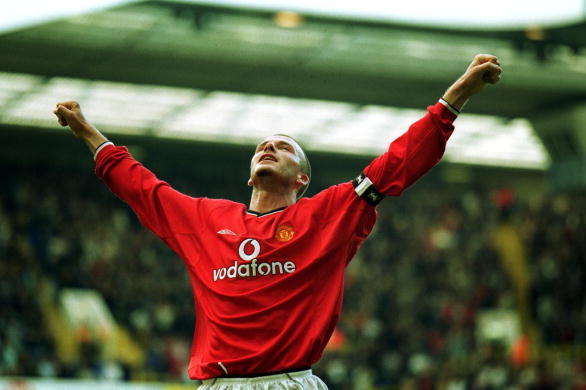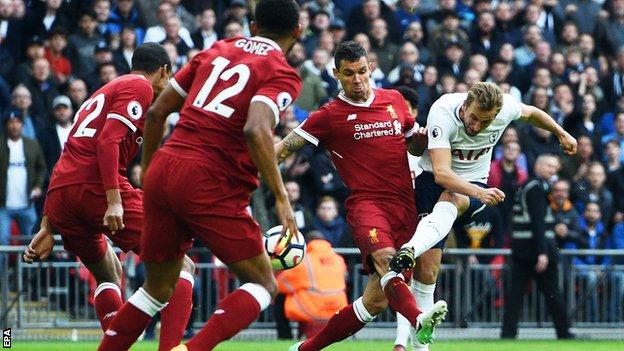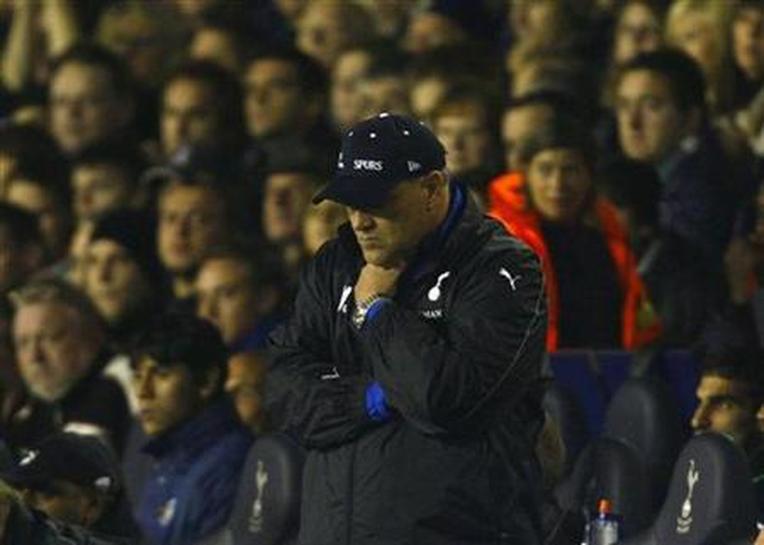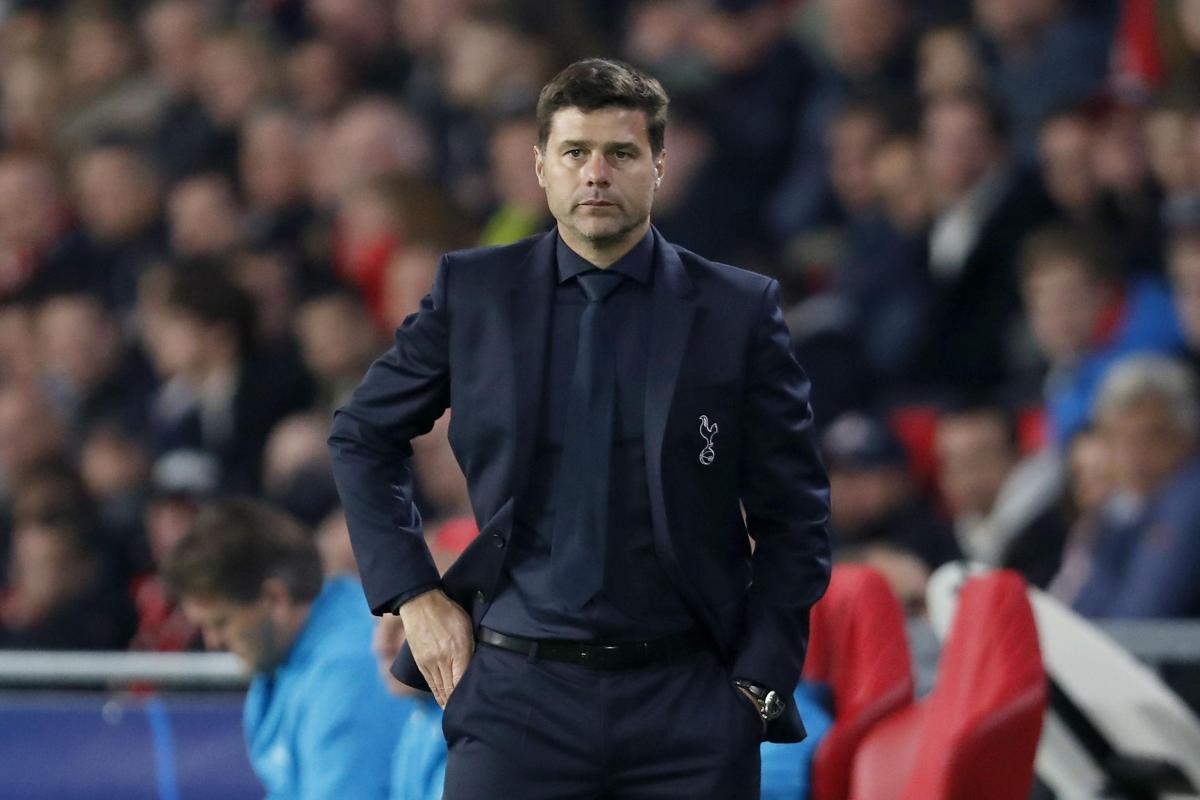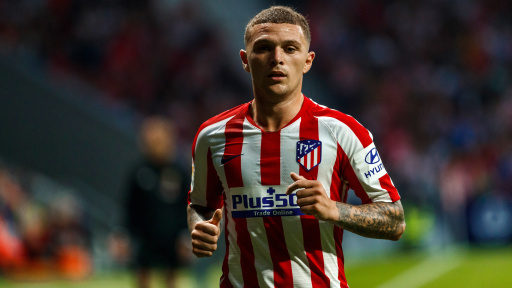The existential strands of the away trip all came together.
The well documented family history in their fall from established members of German society to subjects of persecution leaving them with nothing. The elements of the refugee experience as now and in relation to my work. The circular and generational baggage in applying for German Citizenship. The anchor of the trip being to watch my team, known as the ‘Yid Army’ – the collective term used as a badge of honour in response to anti-Semitic abuse aimed at the origins of many of the North London club’s supporters.
A carefully orchestrated trip was also marked by magical unplanned moments; from happening upon people with their own connections to our family heritage, to sharing drinks with Czech namesakes, to waving off the Tottenham players after stumbling across the team’s hotel.
This was to be a journey steeped in spatial history that brought new discoveries of unforetold knowledge and further chronicles of hardship in Germany, to a background of an unfolding global crisis now arriving in Europe.
“I was 8 years old at the time when Hitler came to power in 1933. We were not religious, but we were conscious of being Jewish, because that is what we are, and because we were being discriminated against. We were integrated Germans. However, there had always been Anti-Semitism in Germany. When my father was a boy, a teacher once said to him in his Pirna school ‘Der Jude Hess, steh auf’ (‘Jew Hess, stand up’).”
— Ursula Wellemin (Grandma)
I had been meaning to go to Saxony to explore my roots for a fair while but the far-right surge there had put me off. It would be too depressing, surely? Then Spurs got drawn to RB Leipzig for a Champions League showdown in the state and all that was put to one side.
As the source of some of the best times of all, I have always found convenient excuses to go watch Spurs in Europe, and this trip was an easy case to make – annual leave was, therefore, duly booked. The difference this time was that instead of ‘the lads’, and in contrast to her lack of enthusiasm for the German passport, my Mum was well up for the away trip.
Once the fixture was announced, the Sun and Daily Mail reported on the ‘nightmare’ journey Spurs fans would have to make to get to the game. With a £17 flight to where Grandma grew up in Dresden, 50 mins by train away from Leipzig, the fuss was not mine. As any Spurs fan would tell you, the nightmare is usually in the football, not the logistics. Where the fun usually comes before the match however, our plan didn’t necessarily pass for a holiday.
A full-on itinerary of six stops (Dresden – Pirna – Gotha, Weimar – Leipzig – Nuremberg) in four nights was drawn up for my mother – now of free oyster travel age – and I to fully immerse ourselves in our somewhat traumatic heritage in the region…such that being present at another Spurs defeat wouldn’t feel so bad. Or something like that.
Dresden: 7 – 9 March 2020
Mum embarked gamely for the Saturday 7am flight from Stansted. Thinking we were outbound too early for any footy pleasantries or otherwise on the flight, the bloke sat next to me piped up, right on cue. ‘I’m also going on Tuesday, but to Berlin first to spend all my money’ – another one intent on making the most of the trip before the football came. Mum interrogated him about Jose Mourinho, and the man, slightly manic given the hour, was ‘only thinking about the positives’.
We were grateful to Ryanair for ostensibly seating all three airborne Spurs fans together. A good start, although, as can tend to happen to season ticket holders sat beside each other for decades, we forgot to exchange names.
We explored Dresden on the first day, wandering the Altstadt and stopping in the restaurant at Brühlscher Garten, at the precipice of the old city’s fortifications. From our table, Mum could see a menorah through a window of a nearby building. This turned out to be the Dresden Synagogue, which had previously been burned down on Kristallnacht. The gold Star of David now hanging over the entrance to the locked off new building was the only thing to survive.
The throngs at the Winter Market had congregated around the much-needed fires, celebrating the final day of the extended excuse for a Christmas knees up before it was all packed up for good. We joined in with our glasses of Glühwein, to the sounds of techno and German lads falling over each other on the ice rink. It was then back conveniently to the room to stream Burnley vs Spurs – an injury to Steven Bergwijn further ruining any lingering hopes for Tuesday – before frequenting our first of many Bierkellers for some cheese pickled in beer and a portion of Spätzle.
Pirna: 8 March 2020
“On the morning of the ‘Kristallnacht’, the 9th November 1938, I was arrested in our Pirna home by Nazi police as a Jew, in front of my daughters Luise, 8 years old and Ursula, 13 years old and first put into Pirna’s police prison, later into the big prison in Dresden-A. Luise remembers that when her father was arrested, he asked the SS men if he could take his toothbrush.
“Next morning we were marched to the Gestapo yard and told we would be shot. Instead we were transported to Buchenwald Concentration camp by rail under much abuse and menaces by the Nazi guards.”
— Manfred Hess (Great Grandfather)
Awoken by deafening Sunday church chimes, it quickly became clear that it was match day in Dresden. The Dynamo masses were out in full force for their game against Saxony rivals FC Erzgebirge Aue.
A quick Wikipedia revealed Dynamo Dresden to be EastGerman giants with notorious support who have fallen by the wayside since reunification, currently sat rock bottom of the second tier. Before I was tempted to get involved, I had to remind myself that this wasn’t our match day, and since none of our relatives would have been season ticket holders (the club was formed as the Police Team in 1953), the Rudolf-Harbig-Stadion didn’t make the cut for the day’s upcoming activities. Instead, we found our first hipster spot in Ladencafé Aha (a vegan bratwurst Saxon soup for me), which was adorned with pro-refugee decoration and frequented by cycling couples.
Surrounded by the scrunched-up beer cans of the Dresden Ultras, the train to Pirna via Heidenau was unusually tense. The drop in the ocean of time clouding my family’s epoch here and the circumstances of their hasty removal dominated. We sat in the square of the Rathaus and followed the journey to the police station where Manfred was arrested. I followed the steps from there up to what felt like a mini hike to the top of the town. Mum stayed behind. I could later see why.
At the peak was the former fortress of Sonnenstein Castle, turned psychiatric hospital (1811), turned Nazi T4 euthanasia/extermination centre, where between 14 and 15,000 individuals with physical and intellectual disabilities, as well as inmates from concentration camps, were killed by malnourishment, poison or by gas chamber between 1940 and 1941. This was one of six such killing centres throughout Nazi Germany. What I could see was a closed pub, a derelict playground and a panoramic view over Grandma’s hometown. In keeping with the rest of the trip, I stood outside to take it in, rather than entering.
I returned to Mum, rather stony faced. A 300ml pilsner didn’t have the desired effect. It was hard not to think of my sister, Sarah, who has Down’s Syndrome. Mum offered a pithy, ‘she wouldn’t have stood a chance’. For someone well versed in the rejection of people with intellectual disabilities throughout history, both textually and empirically, the horror of the centre still completely got to me.
As we returned to our room in Dresden, news flashed across the screens of the reception TVs, which broke the German Health Minister’s statement from Berlin that gatherings of 1000+ should at once be banned. Would it be such a disaster now if the Spurs game was called off? Probably not.
Gotha: 9 March 2020
Saying goodbye to Dresden was more difficult than expected. By the end of the trip it turned out to be the place I’d soonest return to. The best places have a certain dynamic energy to them as Dresden did, and there was plenty more to discover. You’d hope so after a mere two days, to be fair. We didn’t take in the Dresden Hygiene Museum for one, much to Grandma’s presumed disappointment.
As much as there could be, there was plenty of fortune involved in the immediate family’s escape. That much from the trip was clear. Resources, contacts and tip offs were a huge link between the different family members able to escape. It almost goes without saying that some were never able to leave Germany, as was the respective case for family on the Czech side who also perished. The ones I have come to meet had the paradoxical benefit of being able to be ready to escape when persecuted in the window before the Final Solution.
We only had three stops on the Gotha crib sheet. The ‘Porcelain Palace’ at Friedrichstrasse 19, the old ‘Ruppel House’ we could take a snap for cousin Dick in Orange, CA and Café Lösche, a fave haunt of the family, which Grandma remembers fondly. There was nothing left of the porcelain factory.
We needn’t have been looking down at our phones to navigate to the house at number 19 as it was a straight arrow walk from the train station and towered over us as the first grand building on the walk into town. We can’t have been there more than a minute when an elderly chap, by the name of Mauer, came wandering over with a stick and animatedly started involving us in his world.
The man was Gotha born and bred, and his grandmother had worked in the porcelain factory. He was so proud of the heritage. Mum felt slightly uneasy with the fact that his Grandmother worked for Mum’s. He didn’t see it that way. There was magic in the serendipitous nature of the coming together. So much so, it was difficult to know whether it was more meaningful for us or him. There was a great power in this, the feeling that our family had not been wiped from history and it was not just us who were keeping them alive.
A coffee and cake later at Café Lösche and we were back on the train, where news reached us that the game the next day was definitely going ahead as normal, even as others weren’t.
Weimar: 9 – 10 March
From a visitor’s perspective, I have found Germany to be one of the countries most committed in attempting to publicly atone for an ugly past.
Most nations don’t do it at all, commemorating only themselves as victims of atrocities gone by. Straight out the station in Weimar was an outdoor photographic portrait on survivors and where they ended up, that carried on throughout the town. A smiling fellow in concentration camp garb was particularly striking. There were also the gold floor tiles amongst cobblestones that Mum had talked about, but I’d not yet seen, which marked the properties of individuals who were persecuted by the Nazis.
With Buchenwald but 5 km away, Mum was visibly taken aback at the sheer normality in seeing the word on the front of a bus headed in that direction.
Weimar had a noticeably ‘posher’ feel than our otherdestinations. Mum said it was ‘sophisticated’ about a million times. Many students filled the town too – the Bauhaus library faced our hotel. Filling a gap in our itinerary between the must-do Gotha and the Leipzig gig, a friend from Chemnitz had recommended Weimar. It was pretty stunning, a celebration of Goethe and Schiller was everywhere.
By the time we left the Bierkeller on the night before the game, most of the restaurants in the town were shut. It was time to turn in, and in spotting Holsten bottles in the supermarket on the way back to the hotel, a very different type of dread to the one that came over me in visiting sights of family trauma took hold; from tomorrow morning the trip was now to be spoken for by Spurs. It could not be put off any longer.
Leipzig: 10 – 11 March 2020
I don’t often have breakfast, nor do I ever use the phrase ‘breakfast of champions’, but the Amalienhof Hotel had just about the greatest of all inclusive breakfasts. Maybe I was still reeling from my double ice cream lunch in Gotha but there was so much to choose from and, unlike in Madrid where I couldn’t stomach anything on the morning of the Champions League final, I gorged away. We checked out with the sad woman at reception – whose son lives in London somewhere but does not keep in touch with her – and headed back to the station for the MATCH DAY train to Leipzig.
Debussy though the PA, not football chants, greeted us at the Hauptbanhof, where we were stopped by a representative from the German Make A Wish Foundation – ‘but here it is for adults’. The woman was Ukranian originally and moaned at the lack of friendliness in Germany. We agreed. She had enlisted in the army and presumably was doing something about the friendliness from there. Mum gave an overly apologetic and long spiel (during which the outdoor marquee nearly blew away) about how much she already gave to charity, which was lost on the woman, as she said foreigners wouldn’t be allowed to donate anyway. We taught her how to say ‘Come On You Spurs’ and sauntered towards our hotel apartment, which we could already see.
The rooms were pretty plush and over the town we could see Spurs fans slowly congregating and embracing like long lost friends, having no doubt taken different ‘nightmare’ journeys in. The swimming pool in the hotel basement was completely empty and a shade more luxurious than the N17 pre-match equivalent in Bruce Castle Park.
The breakfast had eventually worn off so no better excuse for the always resonant first stroll round a new town, with nothing particularly immediate to do or tick off other than to get some food and see some sights. It was certainly a much friendlier town than elsewhere, and a defiant East German sense of business as usual continued, perhaps a remnant of a closed-off attitude to the impending global crisis.
In the centre of town was one of the weirdest sculptures I’d ever seen. The Giacometti style figure was depicted doing a sieg heil with its right arm, and a clenched fist of Communist solidarity, with its left. I couldn’t get my head round it. Were these things supposed to be on par? A bit ‘problematic’ as they say. Nazi insignia is broadly banned in Germany, but artworks can be exempt. The brutalist Gewandhaus concert hall was around the corner, flanked by the Paulinerkirche, a brazen new Cathedral rebuilt after it was ‘blown up’ in 1968 by the Communist regime.
Mephisto’s figure from Goethe’s Faust loomed large over the city, as if another reminder was needed of Levy’s deal to sack Pochettino and appoint Mourinho. It was time for a game of spot the fans in Auerbachs Keller, Goethe’s favourite 14th Century wine bar, for more Saxon soup, beer and hand washing. My hands were starting to crack. The Guardian sports journalist Jonathan Lieu sat on the next table, later to pen a brilliant piece on the epoch ending match to come.
We happened to walk past the parked-up Spurs coach outside their hotel and got wind that they’d start their gladiatorial departure to the stadium at 7pm. This was a nice little bonus to mark the occasion. I was excited for Mum, who could give the lads a send-off in what was her first away game ever, having supported Spurs since the ‘70s. Likewise, she probably thought it was worth waiting around for my own fanboy purposes. As there was plenty of time to spare, we inveigled a perfect spot at Kaffeehaus Riquet Café, overlooking the emerging hubbub so that we could pop down when need be.
From there, we started chatting to two Jiřís, who had travelled from Prague for the game, mainly to see RB Leipzig’s Patrik Schick. I greeted them with a ‘Dobrý den!’. My middle name is also Jiří!’, to which they responded, ‘we have two other friends called Jiří and we go to the pub as four Jiřís’. The Žižkov locals were enjoying the city, especially so given people were already being turned away at the Czech border as they passed the opposite way into Germany, and their return home wasn’t guaranteed.
With their Irish coffees they didn’t seem too bothered that a return home might not be on the cards for a while. Jiří No. I – who spoke English – said he didn’t like the Czech and Slovak club in West Hampstead because it was full of ‘know-alls’. They wanted us to travel to the game with them, exaggerating how far the stadium was from town, when in actuality it was a 30 min walk at most. Forgetting what bye was in Czech, I signed off with ‘it’ll be 2 or 3-0 to Leipzig’.
With such optimism we took up our planned spots to see off the lads. A Deliveroo cyclist slowed down to a stop beside the waiting crowds. ‘That’ll be for Tanguy’ someone joked to the amusement of those around. Jan Vertonghen’s face appeared from behind a curtain of a second-floor window and the players duly arrived. Lucas and Eric Dier were the ones to acknowledge the fans, whilst the others looked into themselves for some steel and resolve, which based on their faces, didn’t appear to be there.
In Champions League tradition, a bit of Chas and Dave in the hotel room was needed before it was time to be off to the game. I wanted to walk but as we crossed a road – to Mum’s usual dismay – a stadium bound supporter’s shuttle pulled up alongside us. I warned Mum, an away day novice, off this tempting option. It’d be full of boozy lads without room to swing a cat, go the long way around and probably end in a kettle. ‘Let’s get on,’ Mum said. Her funeral. Within seconds Mum bumped into an old colleague from social services and they got on like a house on fire. We gratefully received ‘Fat Blokes on Tour’ badges from Graham, the supporters group he runs. A swig of my Holsten was requested from one of the fat blokes, which had mostly disappeared upon its return.
In a blink, we were outside the stadium. Once there it felt like we were subject to a classic UEFA move. They’d sorted out the fans getting to the ground easily enough, only for unnecessary mayhem to ensue. About 3 turnstiles for over 2000 travelling fans. One fan started chanting that he had a tight chest in the faint hope that in Moses-like fashion, he could part the massive jumble of supporters with virus spreading fears. It didn’t work.
We took up our seats in the first row. With the fans in usual good voice, it felt like it would have been a travesty to round off this special trip merely in the locality of closed doors to our beloved yet flawed Spurs. For the first time all day I started to believe we could do something. At the top of her lungs, Mum joined in with screams of ‘Yid Army’ with a zeal in her eyes I had never seen before. There was a bit more to it this time.
Once this transcendent moment of figurative ethno-based reclaiming of territory amongst one’s newly ascribed tribe had passed, superstition-heavy thoughts returned to the machinations of the game. Even if it started badly, I had faith in the power away goals. And what would be the point of having Mourinho if we just exit the cups as limply as before? He must have something ‘special’ up his sleeves, I thought, while trying to forget that I’d just seen us lose on penalties to bottom placed Norwich. Following what was likely to be the last blare of the Champions League theme for a good while, a bright start encouraged matters, before the expected happened.
Whilst the football was going wrong, Mum started to warn me about the dangers of the drop in front. At 30 years of age I could organise a whole trip, but still have Mum thinking I’d get run over on the way to the game and failing that, I’d end up toppling over the barrier onto tarmac next to the pitch whilst the game was going on. I was more worried about the fan next to us thinking his £10 Spurs Megastore scarf tied round his face would provide any more of a defence to coronavirus than our back line would to Leipzig’s attackers.
The second goal killed the game and at half time, amidst the half-hearted 3-0 down on aggregate to Ajax analogies, I felt compelled to treat Mum to a pretzel to keep spirits up. There was no need, as when I returned to meet Mum, she was deep in conversation with another mate she had bumped into from North London past, this time from jury service. Mum was still full of it, asking the well-travelled Spurs steward if he enjoyed working on all the games. ‘Depends really’, was the fitting but mediocre response.
Once the game restarted there wasn’t much of a reaction and Mourinho didn’t seek to change it, conceding the whole affair at an early stage and making a statement to the board about the car crash of a squad available in the process. Is it even worse when lack of hope is fulfilled or when high hopes are dashed? I don’t know. There were significant anti-Daniel Levy sentiments being expressed in a big way, which has not been the norm. A bloke squeezed past Mum to apologise in advance for his ‘language’, merely because she was a woman, as he called the remaining players who clapped off the supporters, as ‘c***s’.
Given the manner of the performance, and what with how the trip had gone, it somehow felt like the game meant less than usual. And that was without the prospect by then that the Champions League might not finish properly this season anyway. I would return to work wanting to share everything about the trip when usually it’d be a case of hiding from non-Spurs fans and Spurs fans alike to bury my head from any football chat. I was still in a huff for the rest of the evening, mind. Poor Mum.
Nuremberg and the return home: 11 March 2020
The next morning was dedicated to reflection, curry wurst comfort eating and satiating Mum’s new found obsession of Ampelmännchen at the DDR shop, before we headed to Nuremberg.
Nuremberg was chosen first and foremost because of the £9.99 return flights. Not to rest on our laurels however, and in light of Mum’s never-ending energy levels/willingness to jump from plan to plan, with a few hours to spare ahead of our flight we thought we’d go to one last meaningful landmark.
The Justizpalast was the venue of the Nuremberg Trials from 1945 to 1946, when the sovereign state of Germany was put in the dock for conspiracy to commit international crimes, crimes against peace, war crimes and the commission of crimes against humanity, in a symbolic advent of international law. Nazi defendants were prosecuted and executed in the city where citizenship and further hitherto inalienable rights were taken away by decree from Jews. A fitting closure of sorts to the trip.
Oh, and why not one last Bierkeller in another stunning Altstadt? The excellent Restaurant Nassauer Keller zu Nürnberg ticked all the boxes for the finale. The Greek waiter thought we were Greek and in unfortunate punts as first guesses, we mistook each other for fans of our respective rivals; Arsenal and Olympiacos.
Every flight from the airport but ours – which might as well have been a Spurs fan charter – was cancelled. As we got on the plane, amid the usual post-defeat chat, a unique complaint could be heard about ‘f***ing Lady Gaga’, which somehow made sense as a dig at the club’s direction and Levy’s lack of reinvestment.
We returned to what felt like 60s sci-fi dystopia of Stansted staff shaking hands with their elbows and dire warnings of what life was going to be like for a while. There was schadenfreude in the audible domino-effect rejoice of flight goers checking their phones to see Liverpool had also gone out. Fans can have as short or long a memory as they like. A good thing, as there has been no football to go to en masse since.
This is an extract from a longer piece documenting Dan’s trip to Germany. Please contact.lilywhiterose@gmail.com if you would like to read the full version.












